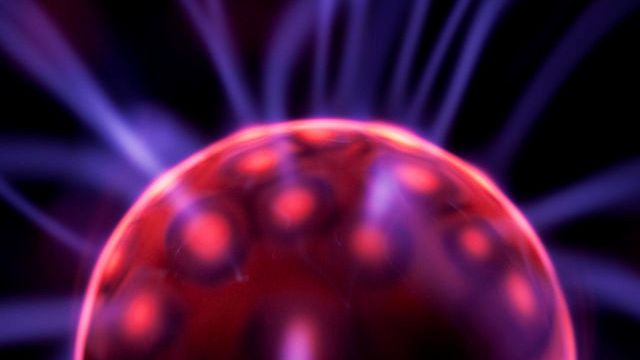Do geons really exist?

John Archibald Wheeler, a physicist who coined many terms. You may have heard of some of them: wormhole, black hole, quantum foam and geon, wait, geon?
Wheeler was one of those people who seemed to be in the right place at the right time. After studying physics, he collaborated with Albert Einstein in his later years. Einstein spent a lot of time creating a unified field theory, “the theory of everything”, which many today reject, but even those who do not reject his theory do not believe that Einstein could work on it, having the data that he had time.
')
Wheeler continued the work of Einstein and seemed to use him well. He had tons of ideas, some of them filled the physical Universe, and some populated the sci-fi worlds from the stories. He invented the conditions for a black hole and a wormhole.
He also coined the term "geon." Geon is hard to find in reality, and he would not have helped the crew of a starship to move to the edge of the universe, so he did not receive such approval in the press as other Wheeler ideas. Basically, it is an electromagnetic wave, and very energetic. As Einstein showed, mass and energy are equivalent, and this means that energy must gravitate in the same way as mass does. In Wheeler’s mind, a certain amount of energy, all in one place, could produce enough gravity to keep itself in a certain amount. Thus, a geon is a wave of energy stored in one “ball” and in one volume of space.
They argue a lot about geons, in particular, about their stability. Stable or unstable, that is the question? Gravity, showed Einstein, radiates out no faster than the speed of light. If a geon emit gravitational waves, then it must lose energy. One day, he will lose enough energy, lose the force of gravity necessary to keep him in a certain amount, and dissolve. Thus, a geon can be a very ephemeral thing.
Source: https://habr.com/ru/post/200610/
All Articles